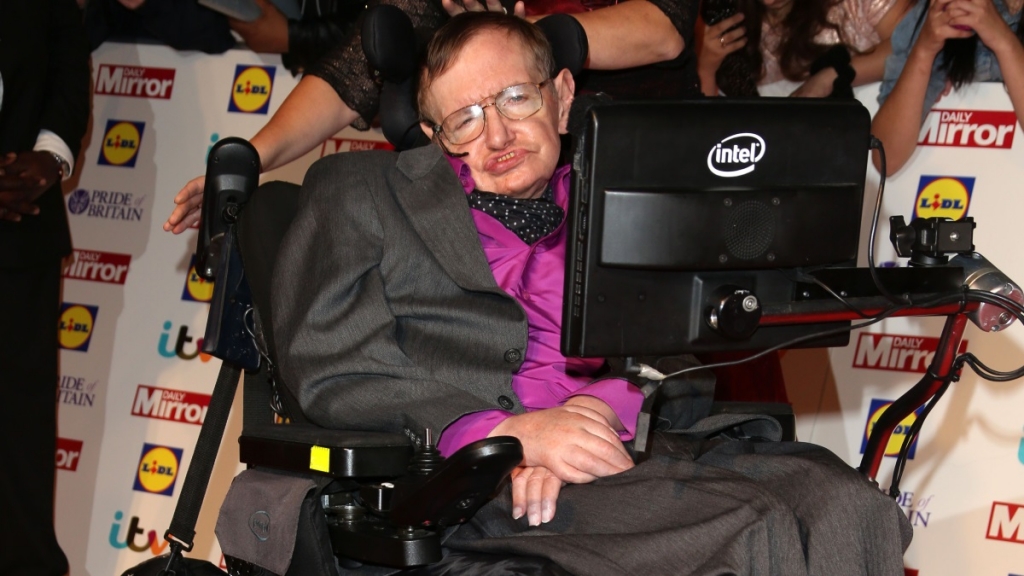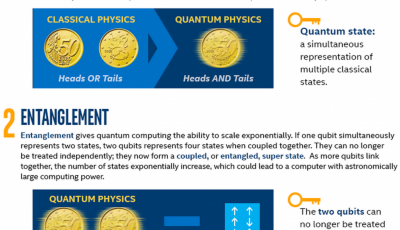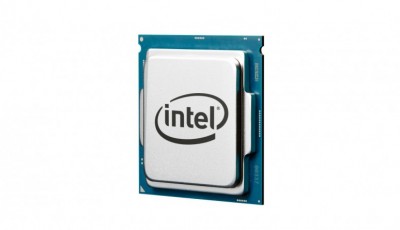The software that helps Stephen Hawking talk is now open to all
Stephen Hawking has long been a household name thanks to his research and books and, most recently the Oscar-winning film about him “The Theory of Everything” – and his speech software may soon be, too.
One catch: it won’t actually make you any smarter, unfortunately.
Intel has released the speech system it developed for disabled physicist Stephen Hawking into the public domain. It writes that it was developed at Intel Labs to “enable people with motor neurone diseases and other disabilities to have full access to the capabilities and applications of their computers through very constrained interfaces suitable for their condition”.
Having produced the system that allows Hawking – who suffers from amyotrophic lateral sclerosis – to communicate using small facial movements, the computer giant has released the relevant software as a downloadable toolkit.
“Our hope is that, by open sourcing this configurable platform, developers will continue to expand on this system by adding new user interfaces, new sensing modalities, word prediction and many other features”, said ACAT’s project owner Sai Prasad on Intel’s open source website.
There are, of course, a few catches (aren’t there always?).
The Intel team has already begun testing out ACAT on patients and will partner with universities to experiment with the system soon, according to WIRED.
As it stands ACAT is only available for Windows machines so developers using Macs are out of luck.
ACAT is designed to use visual cues in the users face to understand commands. The ACAT software is for PC only and it will work with operating systems back to XP. Intel hopes that with ACAT being open source developers will create new solutions in the assistive space.












